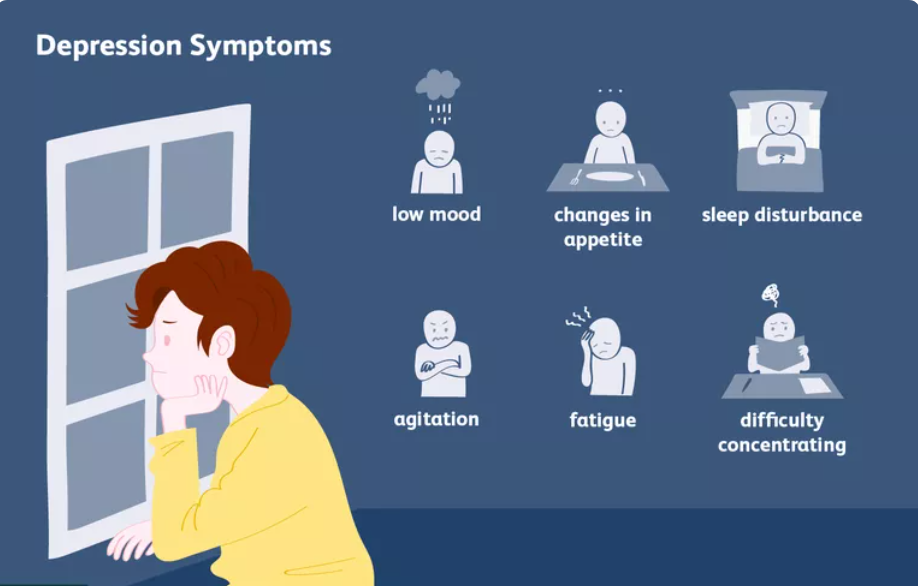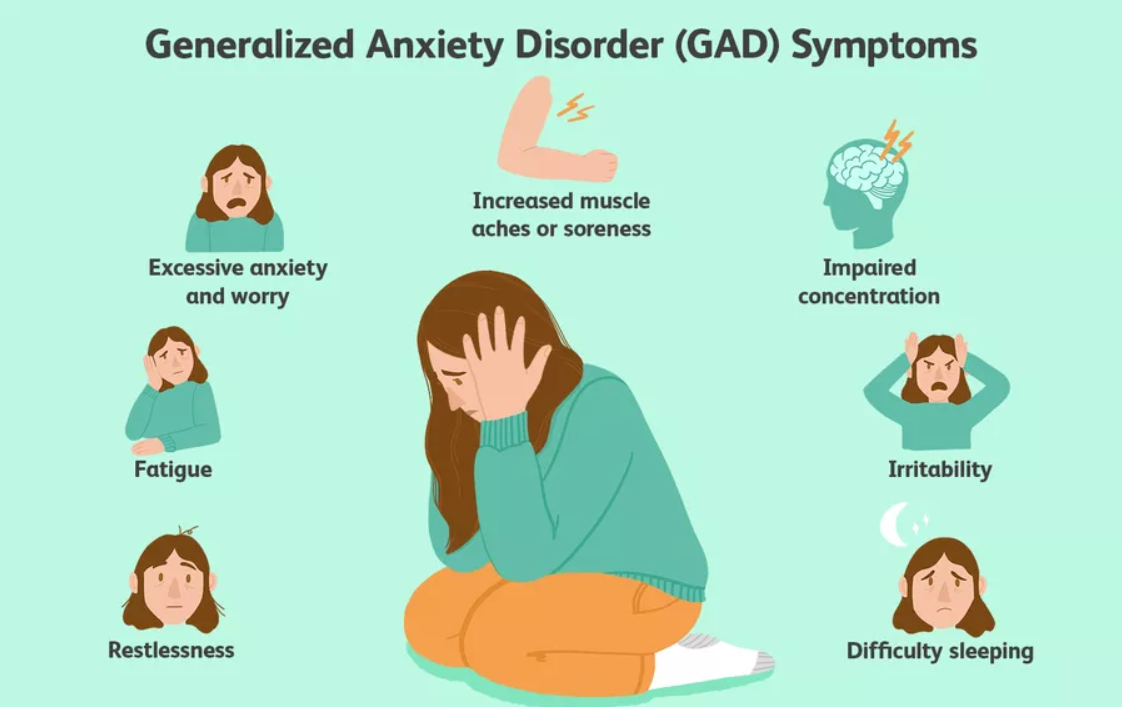Treatment of Depression and GAD
Treatment should be tailored to a
specific diagnosis. A treatment plan for a diagnosis of depression and an
anxiety disorder should be designed to help a person manage and reduce the
symptoms of both disorders, often at the same time.


Doctors Liked to Read More
Therapy can be tailored to an
individual so that it works to reduce the symptoms of both disorders.
Several forms of psychotherapy are
effective. Of these, cognitive-behavioral therapy (CBT) works to replace
negative and unproductive thought patterns with more realistic and useful ones.
Medications can also be useful. Symptoms of depression and anxiety disorders often occur together, and research shows that both respond to treatment with selective serotonin reuptake inhibitor (SSRI) such as Escitalopram.
Escitalopram have been proved effective in treating depression, generalized
anxiety disorders, including obsessive-compulsive disorder (OCD), panic
disorder, and social phobia.
Significant: Withdrawal
syndrome, anxiety, suicide-related events, worsening of depressive symptoms,
hypomania or mania, bleeding abnormalities (e.g. ecchymoses, purpura,
haematoma, epistaxis), akathisia, QT interval prolongation, ventricular
arrhythmia, torsade de pointes, mydriasis, narrow-angle glaucoma, bone
fractures, sexual dysfunction.
Rarely, hyponatraemia.
Gastrointestinal
disorders: Nausea, diarrhoea, vomiting, constipation, dry mouth.
General disorders: Fatigue,
pyrexia.
Metabolism and nutrition disorders: Decreased
or increased appetite, increased weight.
Musculoskeletal and connective tissue
disorders: Arthralgia, myalgia.
Nervous system disorders: Headache,
dizziness, paraesthesia, tremor.
Psychiatric disorders: Restlessness,
abnormal dreams, insomnia, somnolence.
Reproductive system and breast
disorders: Decreased libido, anorgasmia, ejaculation disorder,
impotence.
Respiratory, thoracic and mediastinal
disorders: Sinusitis, yawning.
Skin and subcutaneous tissue
disorders: Increased sweating.
Potentially Fatal: Serotonin syndrome, suicidal
ideation or behaviour, haemorrhage.
Pregnancy
There are no adequate and well-controlled studies in pregnant women; therefore, use during pregnancy only if the potential benefit justifies the potential risk to the fetus
Lactation
Escitalopram is excreted in human breast milk
Caution should be exercised and breastfeeding infants should
be observed for adverse reactions when administered to a nursing woman




Comments
You must login to write comment